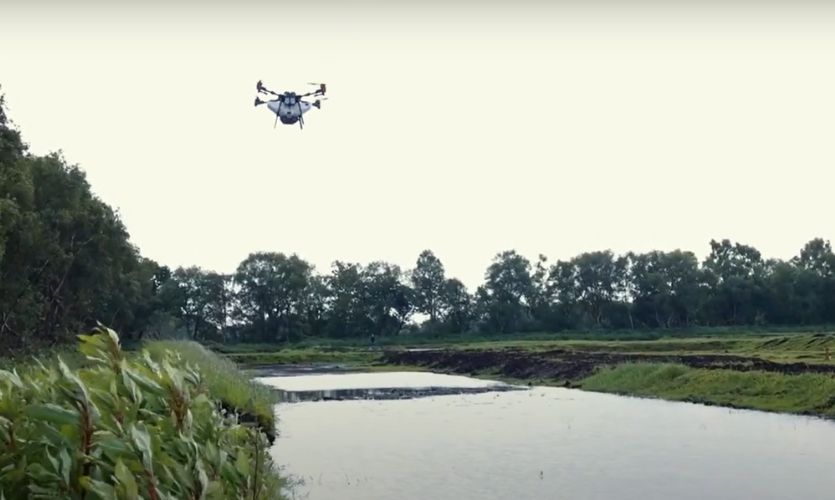'We can't expect farmers to take the burden of rewetting peatlands'
Video: Dr Stephanie Evers, Reader in Aquatic Ecology and Biogeochemistry explains LJMU’s research on rewetting peatlands for sustainable agriculture
Research at the university is focusing on rewetting peatlands for agriculture to ensure a sustainable future, reducing greenhouse gas emissions and creating income generation for farmers.
What are peatlands?
Peatlands are wetland landscapes and ecosystems in which waterlogged conditions prevent plant material from fully decomposing.
Peatlands make up 2.84% of the world’s surface and, due to how peat accumulates, are carbon rich systems which store more carbon than all the earth’s vegetation combined.
Why is LJMU researching rewetting peatlands?
Peatlands represent a large store of carbon across the UK and beyond. Yet the long-term drainage of peatlands for agriculture has resulted in them becoming significant sources of GHG emissions (c. 4% UK emissions). The research project is looking to try and develop novel agricultural approaches which work at higher water table levels through rewetting. This means actively raising it by blocking drainage ditches, constructing dams or implementing other techniques to prevent water from draining away, creating a sustainable environment for peatland vegetation and carbon storage.
Farming landscape transformations
Ensuring farmers have sustainable agricultural practices so that they can generate an income forms part of the research alongside reducing greenhouse gas emissions from the peatlands.
LJMU’s Dr Stephanie Evers, said: “Peatlands because of their hydrological connectivity need to be managed on a landscape scale.
“However, there is limited information that shows a farmer how they can go about doing this. We can’t expect farmers to take the burden of generating these sustainable farming approaches without effective evidence and guidance on how or if it will work. That’s why we’re working with them to monitor changes to GHG emissions, develop effective methods to manage hydrology and innovative cropping systems.
“We are also working with policy makers to help generate emission factors so that agricultural finance and private carbon finance models can be developed. We are also exploring additional ecosystem benefits gained (e.g. flood control, biodiversity net gain and water quality improvements)."

Together with our partners, LJMU is working towards ensuring that both the environment, rural livelihoods and sustainable agricultural production can be improved to protect our peatland landscapes and carbon stores moving forward.

Dr Stepahnie Evers
You can find out more about LJMU’s School of Biological and Environmental Sciences here.
LJMU’s commitment to the UN Sustainable Development Goals
The research highlights LJMU’s commitment to the 17 UN Sustainable Development Goals with ‘climate action', 'clean water and sanitation’ and ‘zero hunger’ ambitions aligning with the work. You can find out more about LJMU’s commitment to the Sustainable Development Goals here.
Research at LJMU
You can find out more about research at LJMU on the Impact Hub.



